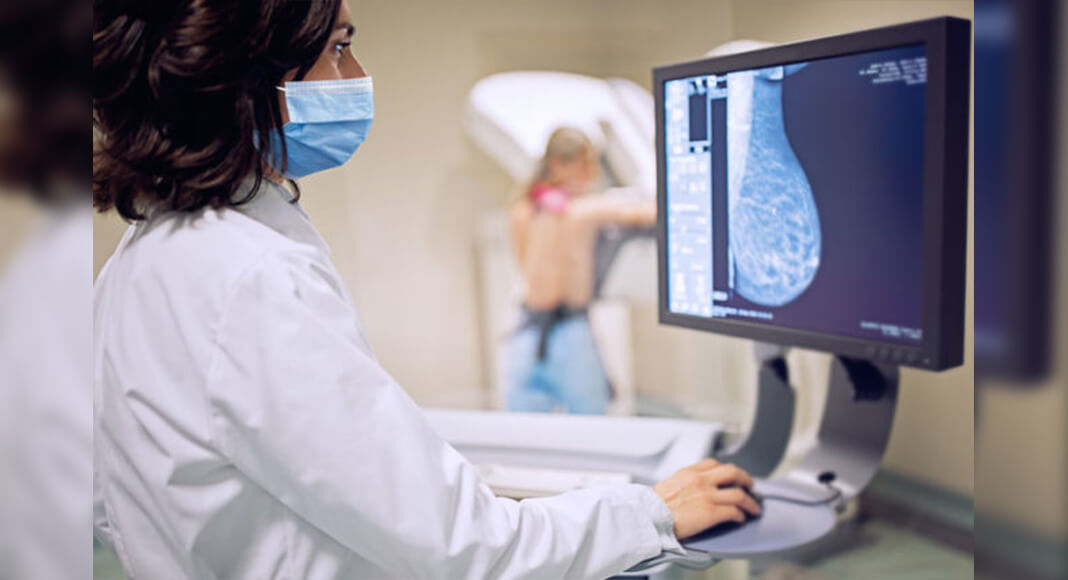
Mega Doctor News
Cleveland Clinic – Q: You missed your regular mammogram in 2020 while quarantining due to COVID-19. How important is it to get a breast screening scheduled this year?
A: It is extremely important, and here’s why.
Regular screening mammograms are the best way to find breast cancer early. And when caught early enough, patients have that many more options for treatment and the best chance for a cure.
A mammogram uses X-rays to look for any signs of breast cancer before symptoms (such as a lump) develop. Sometimes, mammograms will find a breast cancer months, or even years, before a patient notices any symptoms.
It is not an understatement to say that the results of a mammogram can be life-saving. Catching cancer early and beginning treatment increases your chances of survival. It really is that simple.
Breast cancer stands as the world’s most commonly diagnosed cancer, according to the World Health Organization. The disease claimed the lives of more than 685,000 women across the globe in 2020.
In the United States, the American Cancer Society estimates that more than 280,000 women will receive a diagnosis of invasive breast cancer this year. An additional 50,000 will learn they have ductal carcinoma in situ, an early and non-invasive form of breast cancer.
Breast cancer survival rates have steadily increased in recent years largely due to earlier detection and treatment. Regular mammograms – particularly for women age 50 and older – helped drive that trend.
A recent study looked at how many patients did not have their mammograms during the pandemic. This study showed a nearly 60% drop in the rate of screening mammograms. This is concerning.
It’s impossible to look at those numbers and not wonder how many women missed an opportunity for an early diagnosis.
COVID-19 certainly disrupted the screening cycle. And while a short-term delay may have little to no effect on a patient’s diagnosis and course of the disease, there’s worry that longer delays may lead to a later-stage diagnosis that requires more intense treatment.
So when should you schedule your screening mammogram?
ASAP!
There are timing issues to consider, however, with the COVID-19 vaccine. We strongly encourage women to have their screening mammograms prior to getting the vaccine or at least four weeks after receiving their final vaccine dose.
The reason? The COVID vaccine – like other vaccines – can cause the lymph nodes under your arm to swell. This is a normal (and temporary) response to vaccination.
Swollen lymph nodes, however, also can be a sign of disease. Scheduling your mammogram around a COVID-19 vaccination will better allow a radiologist to determine the exact cause of any swelling.
But let’s get back to the central point: scheduling your mammogram. I urge anyone who has postponed visiting their healthcare provider because of COVID-19 to get back on track. Make your appointment and encourage your family and friends to do the same. – Diagnostic Radiologist Laura Shepardson, MD








